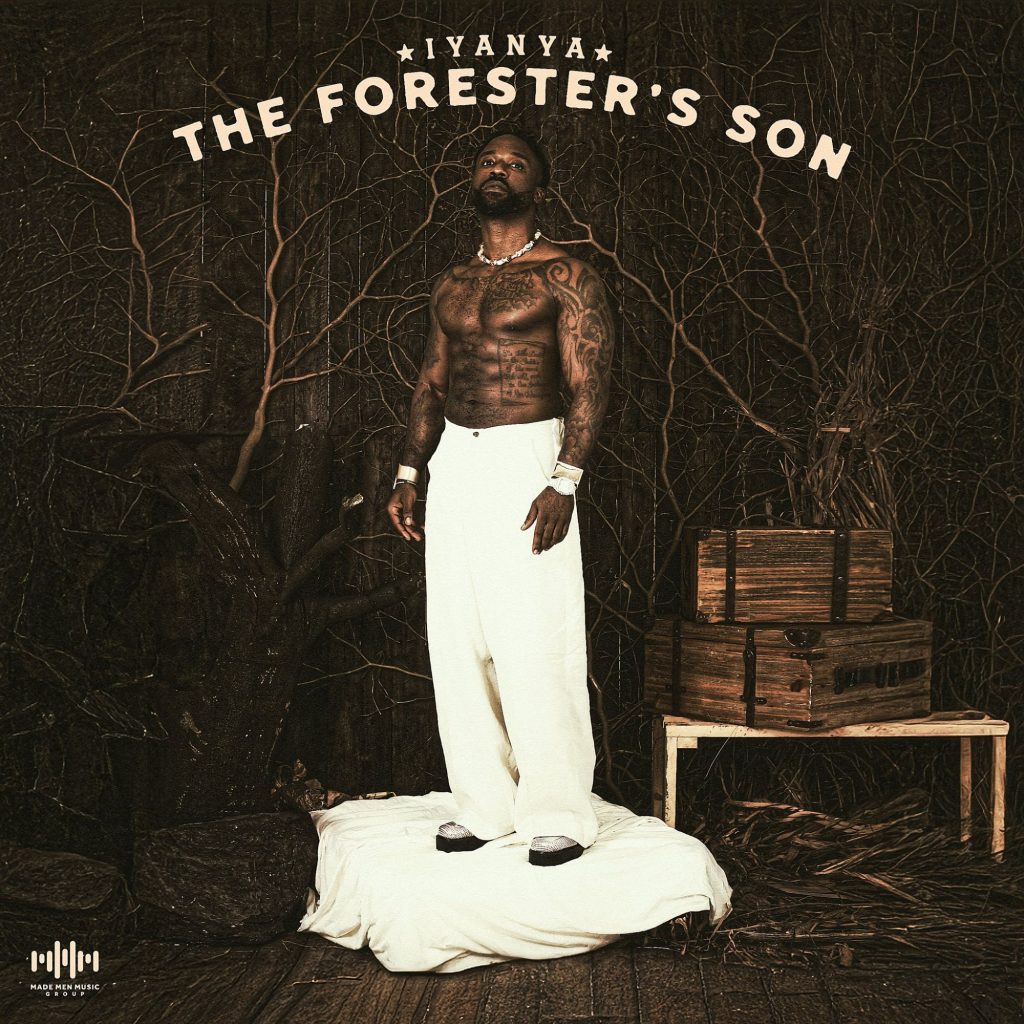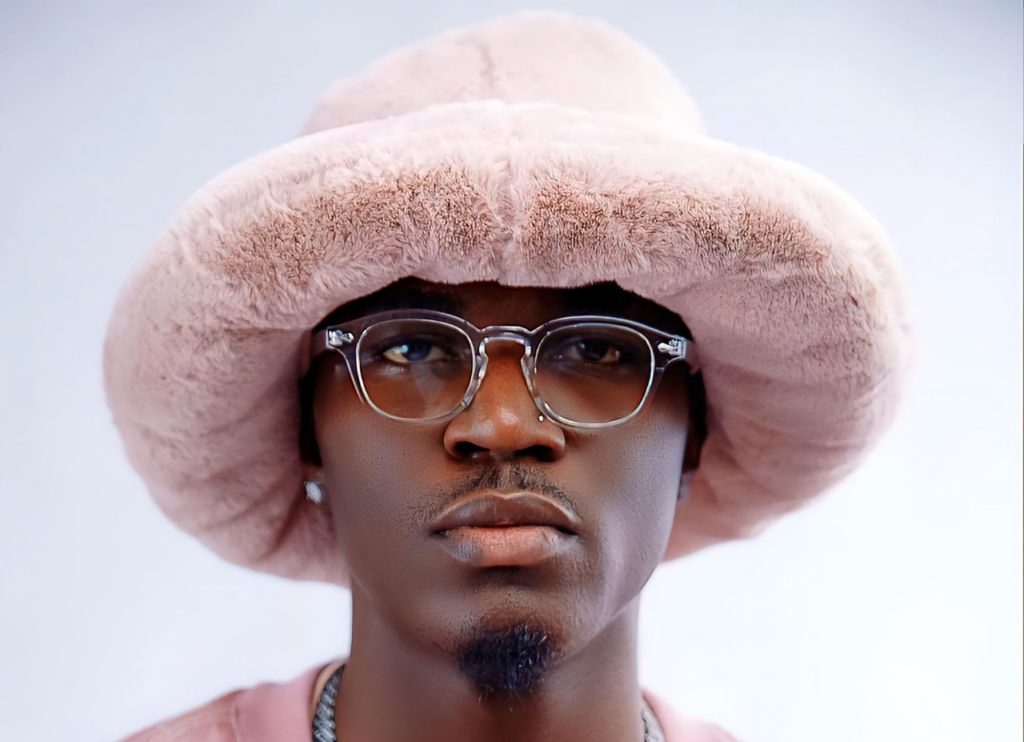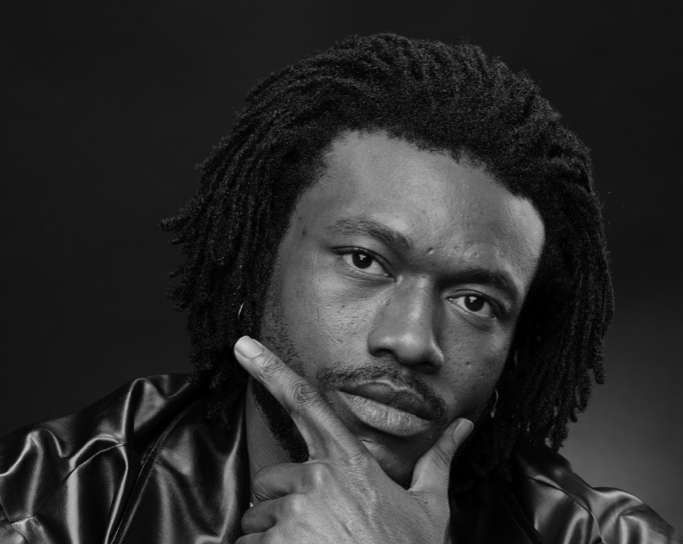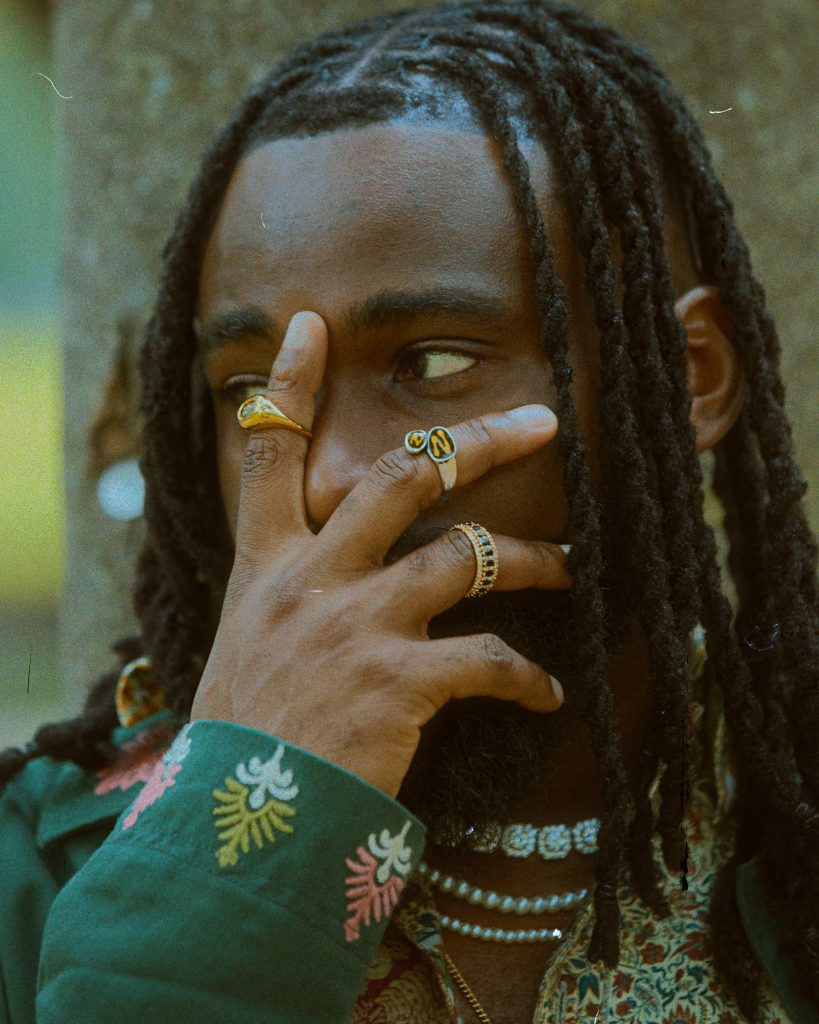On his debut album, the 2025’s breakout artist doubles down on his tried and tested formular—and further re inforces his identity.
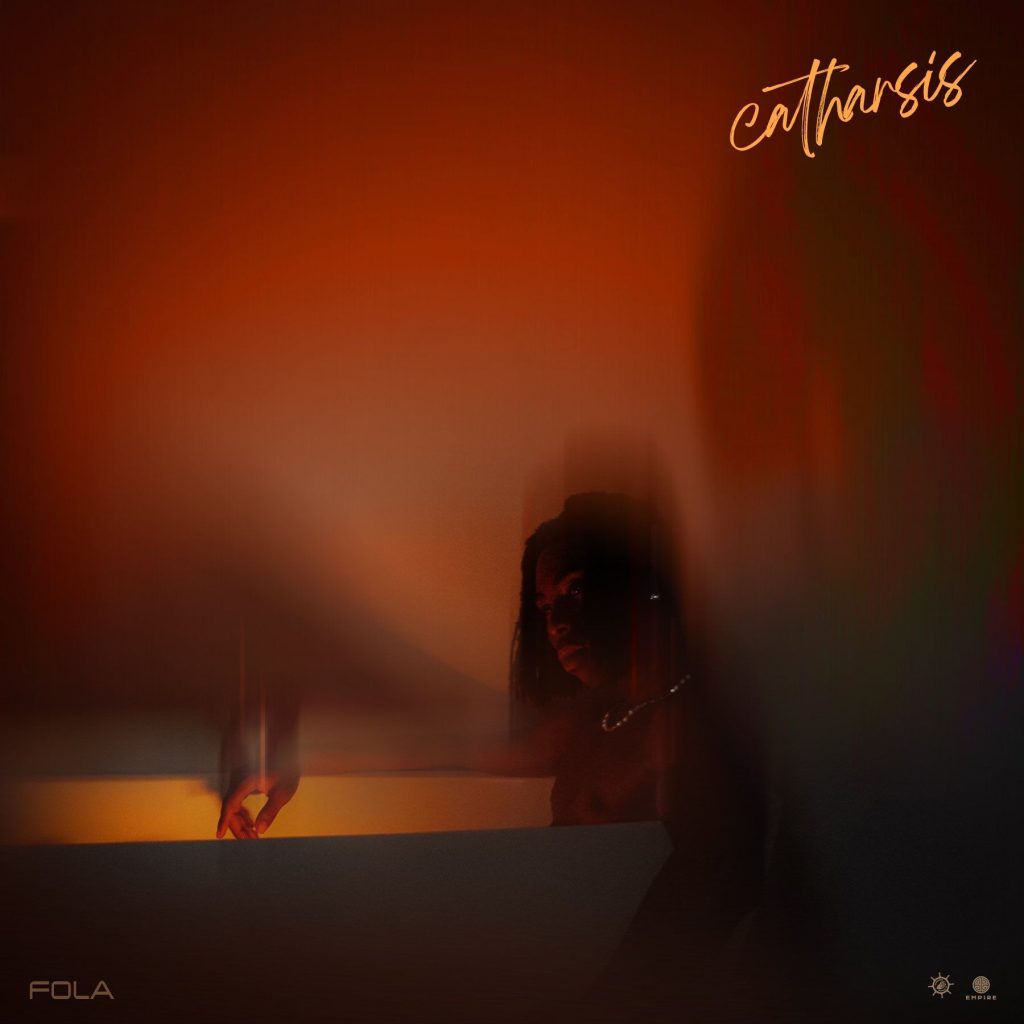
It’s been a weird couple of years in the mainstream. While Afrobeats continues to permeate borders and thrive internationally, at home it has struggled to break out pop artists that aren’t street adjacent. The newly minted stars since 2022 are all street affiliated. Asake, Seyi Vibez, ODUMODUBLVCK, Shallipopi, Ayo Maff, Llona etc. The Pop and R&B variants of our music might be breaking new ground, but we have struggled to mint new pop stars.
Granted, some of the aforementioned stars are global superstars but the fact remains that street and indigenous music has dominated the local soundscape since Asake’s breakout. However, since the insurgence of Fola in late 2024, the status quo might be about to change. Of course, he’s also street adjacent and sings predominantly in a Yoruba and English amalgamation, that tilts either way on different songs but his style of music is very much like the stars that came before Asake.
2019 heralded a new generation of artists and saw the breakout of R&B and Hip-Hop fusion leaning like Rema, Fireboy DML and Joeboy. The likes of Omah Lay, Tems, Ruger, BNXN and Ayra Starr would follow suit in the coming either years—existing on either spectrums. Then Afropop took a backseat to street pop, and anyone who wasn’t a superstar or OG struggled to score hits with pop songs. Enter Fola, who exists right smack in the middle of the spectrum. A street adjacent artist, who straddles the common themes of aspirations and prayers that define street pop—but presents it in the R&B/Pop leaning forms that his peers before him did.
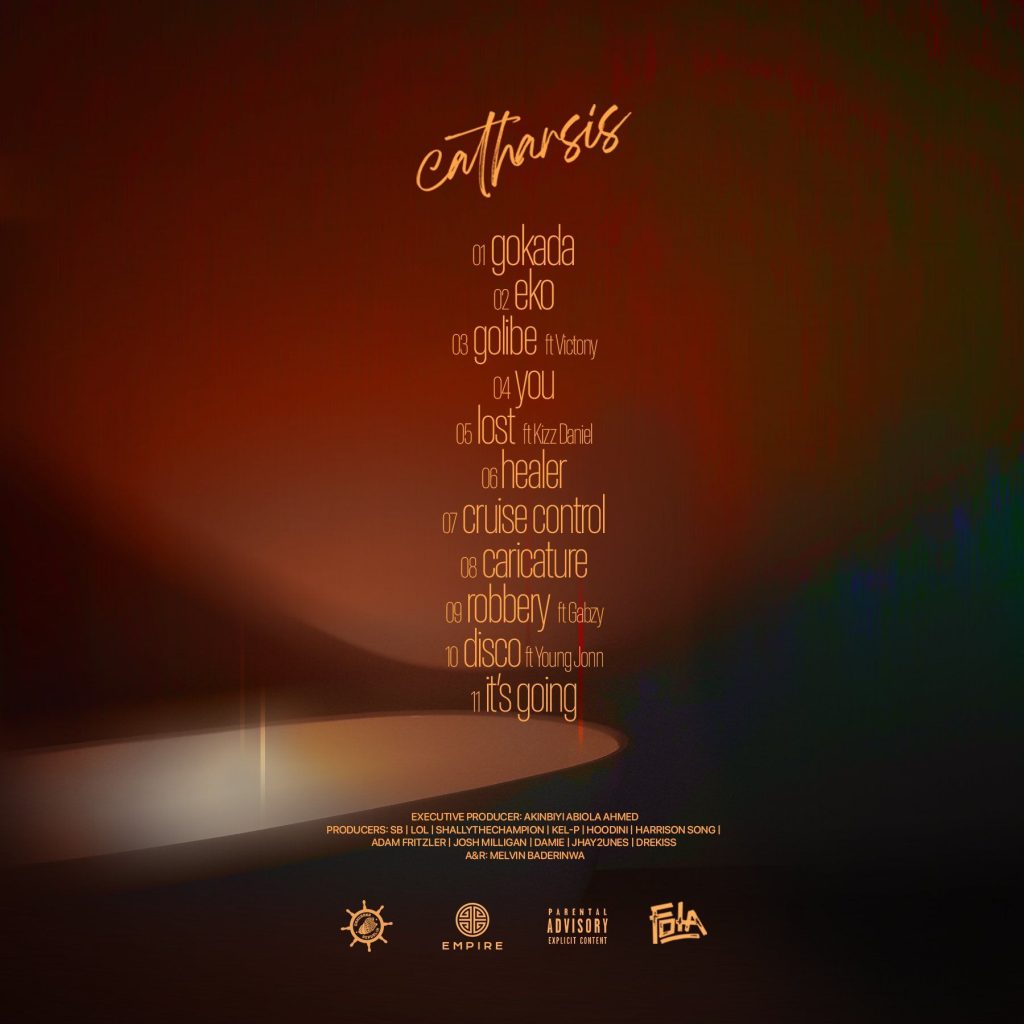
The album opens with Fola singing that he will deliver like Gokada. It’s a bold declaration that’s well founded on the basis of promising your listeners a great time, as they embark on the sonic journey you’ve curated for them. The production is larger than life, the electric guitar soars and the melodies hit but the emotion doesn’t resonate when you realize Fola is singing about pleasuring a woman instead. The wholesome instrumental of the song makes it sound like some inspirational grand opening and while it isn’t inherently bad to sing about sexual conquests, it isn’t sensual or fleshed out enough to be emotional either.
And so, instead of building on the opener, Eko feels like the album is starting all over again because it’s such a sharp turn from sexual territory into an aspirational one. And it’s a pity, because it is indeed a nice segue from the opener and the writing on Eko is actually good and perfectly encapsulates the realities of growing up and contending with a system primed to destroy your grit, but dedicing to succeed nonetheless. Golibe continues things on a high note and while it doesn’t deviate from the midtempo rhythm of the album, the beat is notably distinct.
There is a Swing bounce to the R&B structure of the song and Fola wields his most potent weapon yet, his melodies. He is the one doing the heavy lifting here, as most of the production on this LP is minimalistic. Victony’s cadence is more reggae-infused, and it’s a nice contrast to Fola’s. Golibe is a love song that works because of its soulful melodies and romantic swoonings. It needn’t be more than that.
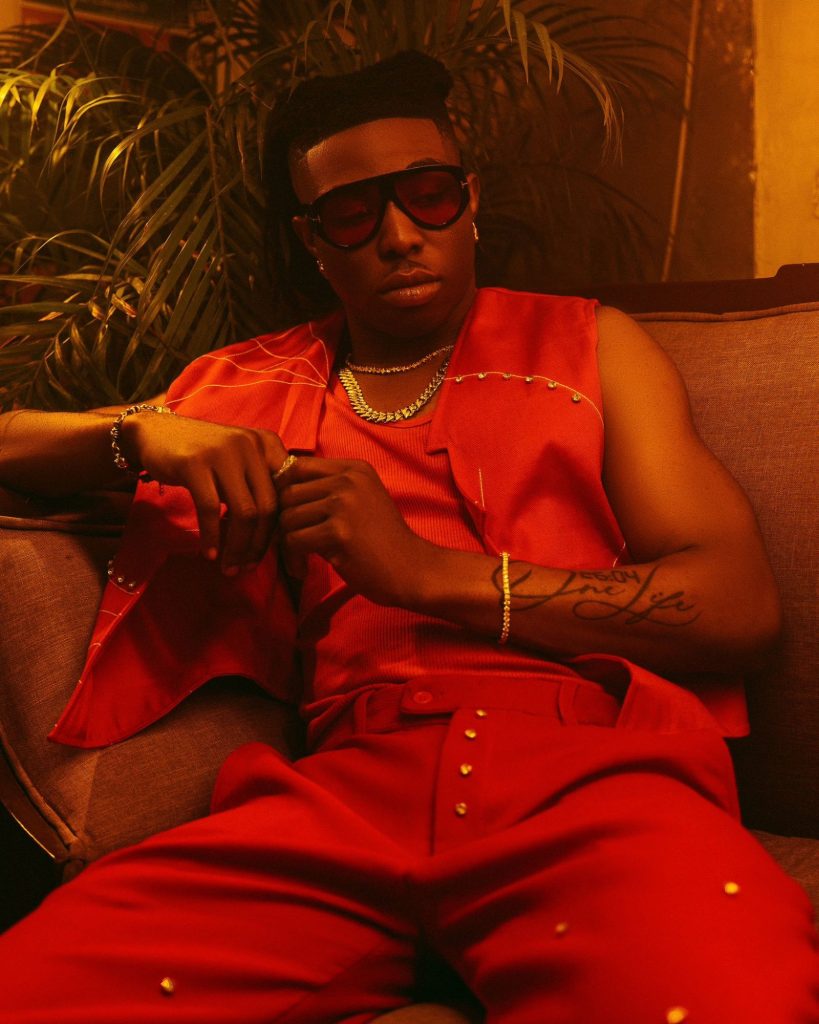
Unfortunately at this point, the LP needed a stronger injection of energy and dynamism but it only goes there halfway. You is a good song that is quite great in itself, but as another midtempo pop song coming after R&B leaning songs of similar BPMs—it can feel exhausting. Lost doesn’t pick up the pace either and slows it down even, as it’s another midtempo song with the drums stripped away for a huge chunk of the first half.
Asides the opener, no song has been ‘bad’ but most listeners will be irked at the fact that the album hasn’t gotten out of gear one. And it’s sad, because Fola is quite dynamic with his delivery and writing—across the album, so the album’s flirtations with monotony is a consequence of its very flat, minimalistic production. The next song, Healer ever so buttresses this point to a tee.
Fola opens the song with a flow that is totally different from what he utilized on the previous five tracks—instantly giving the song a distinct identity, but then the drums kick in, you realize that it’s more of the same production we’ve gotten accustomed to on previous tracks. The song is still really good because of his passionate performance and emotion he pours into it and the same can be said for Cruise Control, that has a dancehall twist and a raunchier, sexual topic, which is executed better in comparison to the album opener.
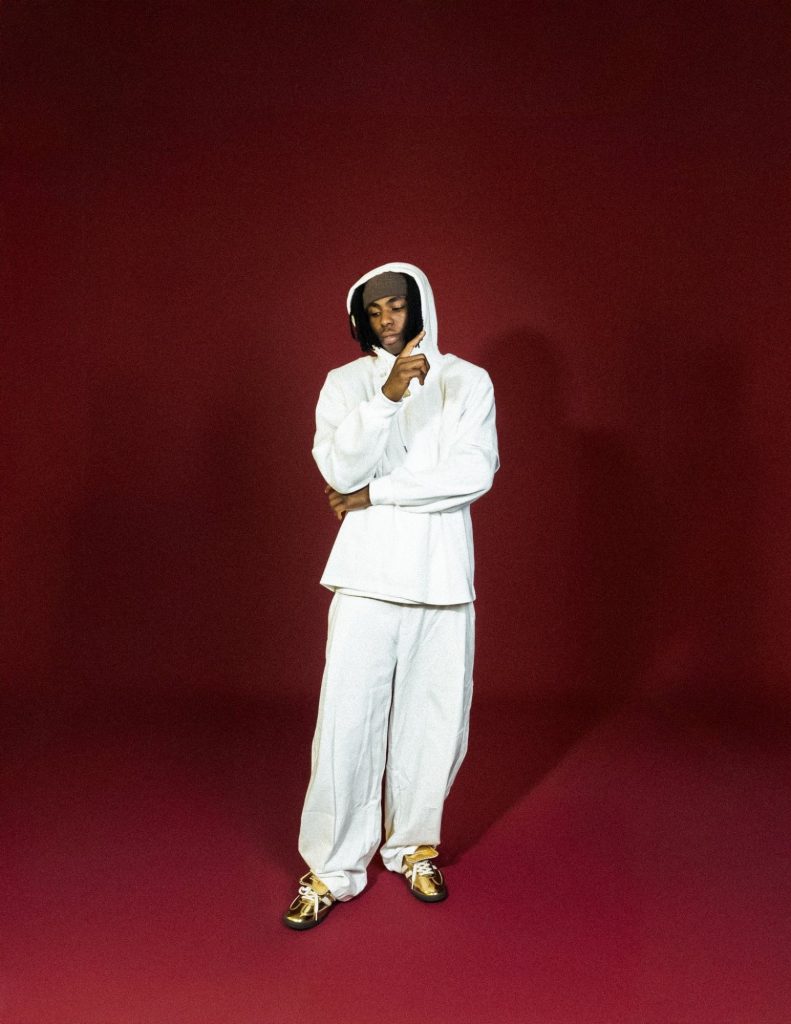
Robbery ft. Gabzy is a soulful ballad that will tug at the heartstrings of listeners. Gabzy opens the song with relatable wailings about a love interest who is manipulative and takes his feelings for granted. He’s invested emotionally which makes the matter of pulling out complicated. Fola on the other hand wants his lover to declare her feelings far and wide, so other suitors steer clear of her because she belongs to him only.
Caricature is ironically a caricature of Cruise Control, which its heavily derivative of down to the bashment infusion. It’s a good song in itself, but it treads familiar territory with lesser nuance so it plays like a filler. Disco is the sort of uptempo Afro-House, groovy energy that was needed much earlier in the opening four track sequence of the LP. While the placement doesn’t take anything from the quality of the song, listeners might have checked out before getting to this track.
Young Jonn isn’t the strongest writer around but he does his thing—finds a pocket and strings together catchy lines that will stick long after listening. Fola’s chorus on this track is also arguably the best on the LP and emblematic of his talent, because it is a proper pop hook through and through unlike majority of his R&B leaning ones. Fola finally indulges in some much earned braggadocio on It’s Going, reminding us that he’s the man of the moment and the soundscape is his to go on and conquer.
Fola’s Catharsis isn’t bereft of love, care or effort. The artist pours himself into this project and while it doesn’t really get personal or introspective—he’s always singing from his soul and writing from an earnest place. It’s a shame the production of the album lets him down, instead of elevating the body of work. Fola’s dynamism across the project is the one thing anchoring this album on the verge of cohesion and preventing it from sinking into total monotony.
Final Verdict:
Sonic Cohesion: 1.6/2
Expansive Production: 1.0/2
Songwriting: 1.6/2
Delivery: 1.6/2
Optimal Track Sequencing: 1.2/2
Total: 7.0/10


